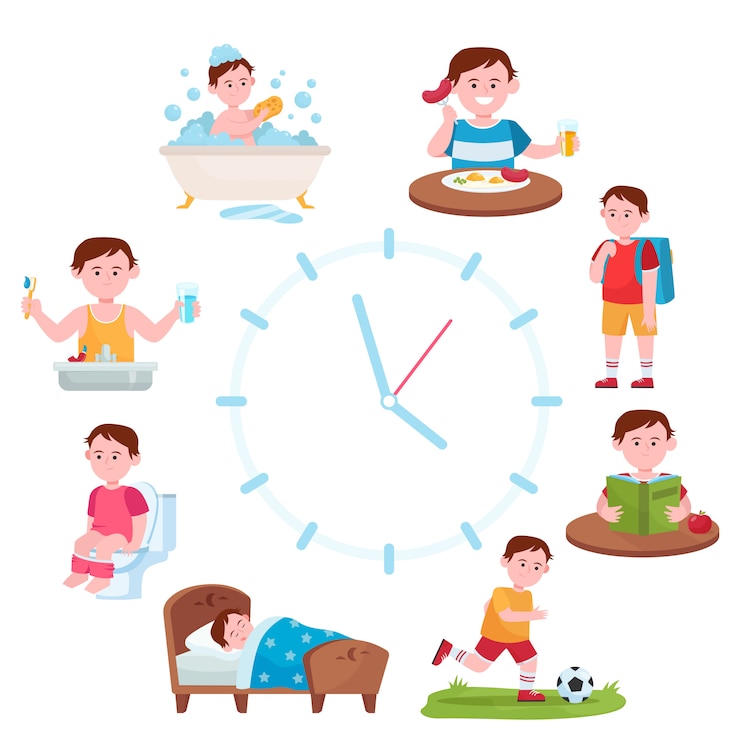
Inside: Discover the most effective ways to encourage your child to listen using positive parenting techniques that support their emotional well-being.
Table of Contents
“With butter! Cut off the crust, please!”
My 8-year-old daughter is sitting at the kitchen counter, savoring the last bites of her third piece of toast. As I wonder how someone so small can eat so much toast, I glance at the clock and realize that time has slipped away once again. I remind my daughters that it’s time to head to school, asking them to pack up their backpacks and put on their jackets.
One daughter continues to nibble on her crustless toast, while the other dashes to the piano, deciding that this is the perfect moment to practice her lesson. Seriously?
Transitions can be challenging for everyone, kids included. I know we’re not alone in this struggle, as many parents I work with as a child counselor often ask me, “How can I get my kid to listen?”
I explain that we can’t force our children to listen. In fact, not listening at times shows a healthy expression of individuality. Children, like everyone else, have their own will. Our goal shouldn’t be to control them but to guide them towards self-sufficiency, as attempting to control them can lead to unhealthy relationships and dependency.
Parents usually listen intently, eager for practical tips to encourage cooperation in their daily lives. As they explore positive parenting skills to raise emotionally healthy kids, managing hectic transitions with respect is often a tricky area.
So, how do we get our children to listen without using fear or threats? These tactics may work in the short term, but we’re aiming for long-term growth. We want them to become independent individuals navigating the world confidently.
To achieve this, let’s focus on building a solid foundation through positive parenting skills. Here are five habits that can encourage better listening:
1. **Empathy**
Our kids often get shuffled around like objects, with little regard for their views. We need to pause and consider their feelings and experiences. Listening with empathy makes them feel acknowledged and valued, helping them cooperate more easily.
2. **Playfulness**
Play is your child’s universal language. Injecting fun and creativity into daily routines can dissolve power struggles. Transform ordinary tasks into playful activities to engage your child more effectively.
3. **Connection**
Ensure your child’s need for connection is fulfilled before expecting their cooperation during hectic times. Kids can easily feel overwhelmed, so balancing busy schedules with time to connect is critical for smoother transitions.
4. **Simple Directives**
Amidst the chaos of transitions, children may struggle to process complex instructions. Keep your commands simple and clear, offering choices when possible. Instead of lengthy instructions, a simple “shoes” (repeated if necessary) works wonders.
5. **Collaborative Problem-Solving**
When your child struggles, work together to solve the problem. For instance, say, “I see it’s hard to put on shoes right now, how can I help?” This approach fosters teamwork, making it easier for them to follow your lead.
While we might occasionally resort to nagging or yelling, these tactics often leave everyone frustrated. Embracing empathy, connection, and collaboration leads to more consistent cooperation and teaches invaluable life skills.
P.S. Want to be a Remarkable Parent who inspires listening instead of forcing it? I’ve created a free email course for you! As a child therapist, I’ve seen these strategies succeed time and again. Sign up below to become the calm, confident leader your child deserves.



